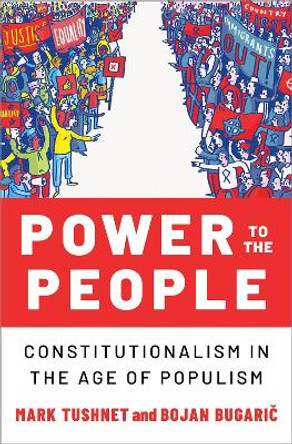Description
Writing with clarity and insight, the authors place Western and Arabic traditions into a constructive dialogue. They focus on whether we can develop a 'theory of revolutions' that helps us understand events occurring at divergent times at geographically separate locations. This question is meticulously analyzed through the detailed examination of specific developments relevant to the ideas of revolution and constitutionalism in several nations affected by the Arab Spring. Case studies focus on Morocco and Libya as examples of unsuccessful revolutions, as well as Tunisia and Egypt. These lead the authors to consider the nature of constitutionalism itself and the concept of illiberal but non-authoritarian constitutions: a particularly pressing concern given the prominent contemporary discussions of the role of shari'a in post-Arab Spring constitutions.
The Arab Spring will offer new insights to scholars, researchers and students of law and the political sciences, in particular those focusing on theories of revolution, democracy, constitutional law, Islamic constitutionalism and legal theory.
About the Author
Antoni Abat i Ninet, Universitat autonoma de Barcelona, Spain and Mark Tushnet, William Nelson Cromwell Professor of Law Emeritus, Harvard University, US
Reviews
'This interesting work offers an informed and timely analysis of the revolutions and constitutional movements in North Africa and the Middle East from 2010. Four sets of very different experiences receive treatment in depth: in Morocco, Libya, Tunisia and Egypt. The book's explicit aim of placing Western and Arabic traditions in 'constructive dialogue' is particularly welcome.'
--Cheryl Saunders, Melbourne Law School, Australia
Book Information
ISBN 9781785361593
Author Antoni Abat i Ninet
Format Hardback
Page Count 296
Imprint Edward Elgar Publishing Ltd
Publisher Edward Elgar Publishing Ltd








